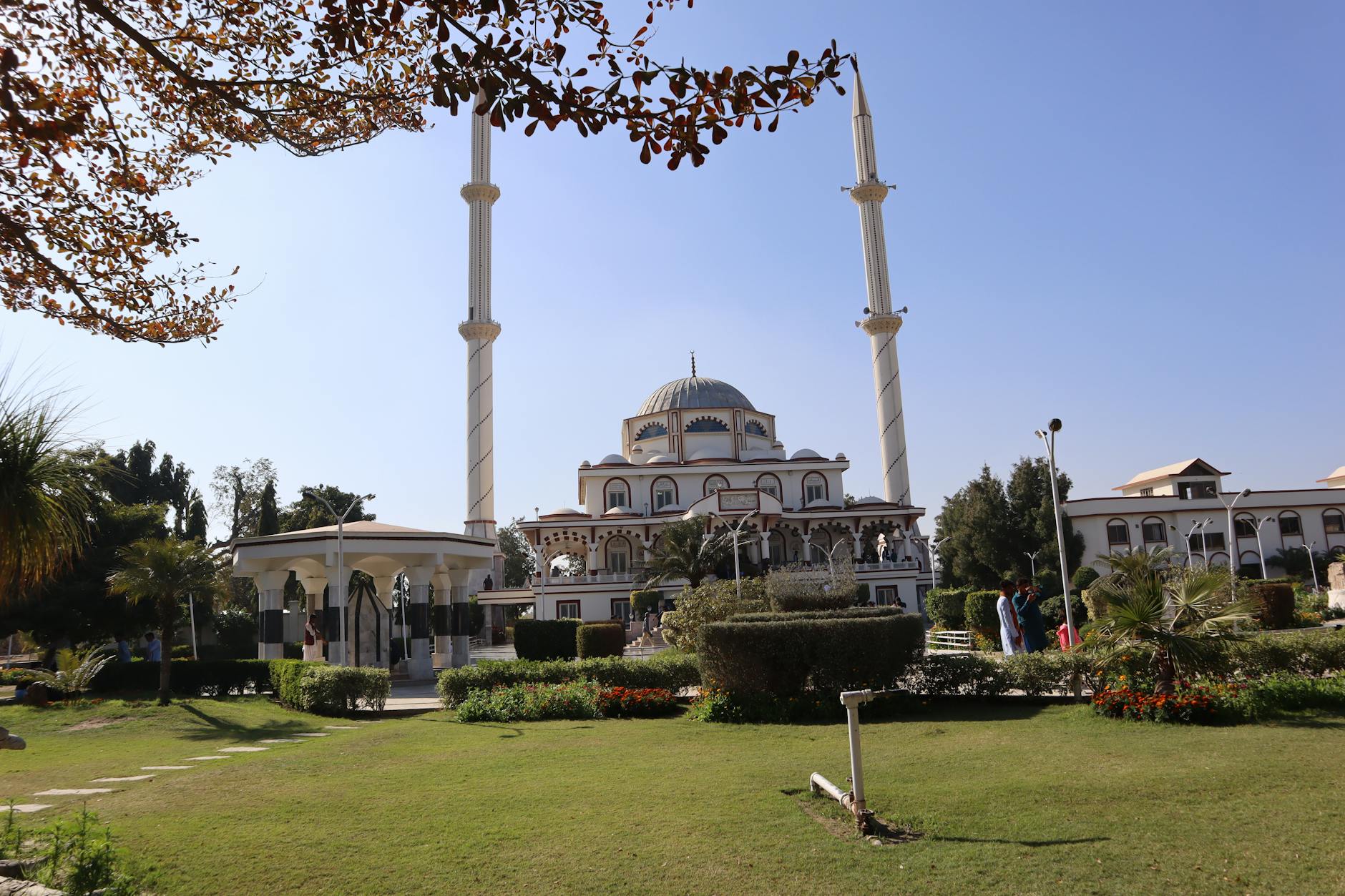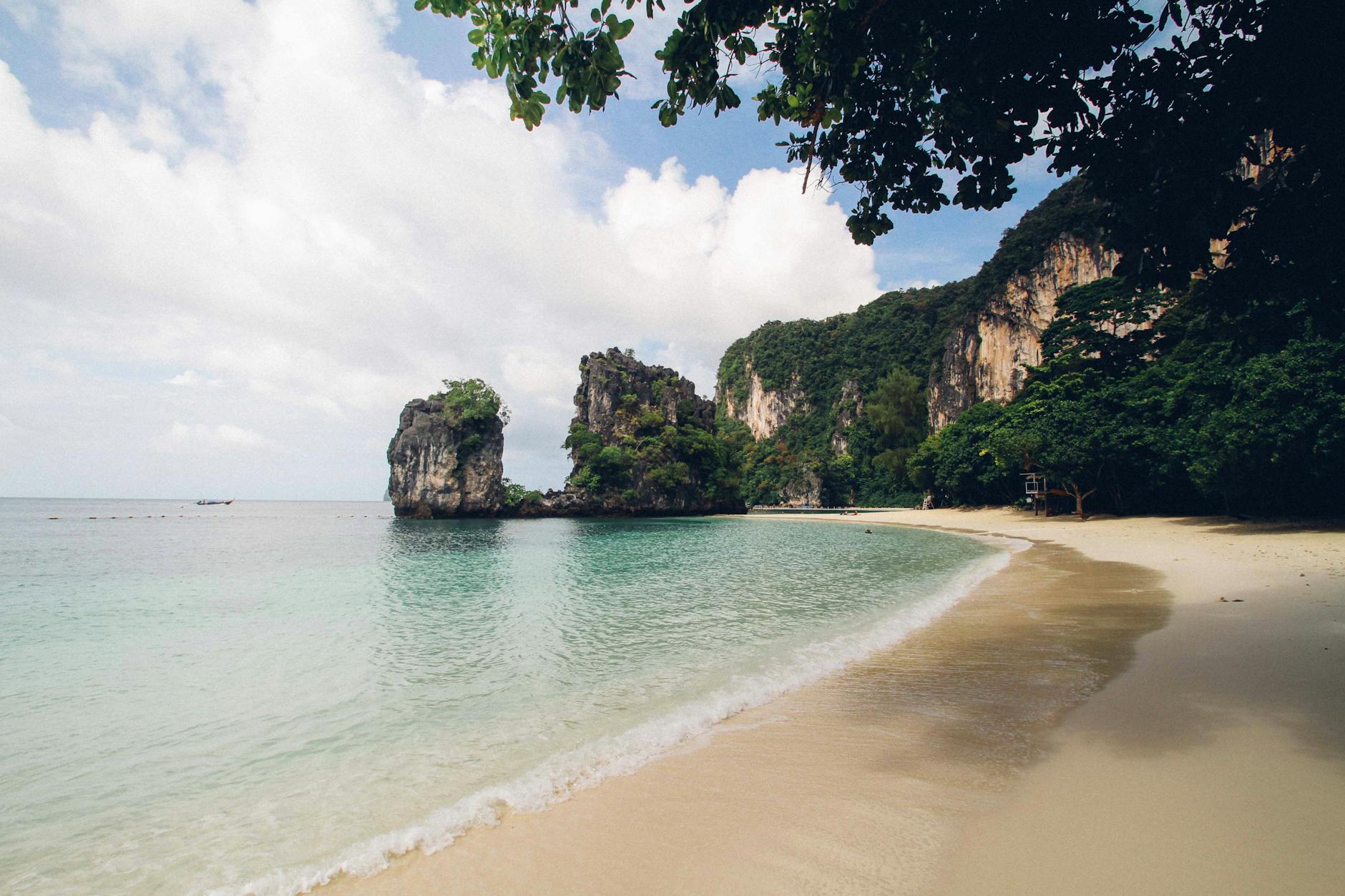How to Experience Australian Wildlife Like a Marine Biologist

Choosing a Destination
Selecting the perfect destination for an immersive wildlife adventure requires thoughtful consideration, especially when seeking experiences that align with one's conservation values. My personal experiences have taught me that destinations rich in biodiversity offer unique insights and unforgettable encounters. Imagine yourself exploring the vibrant ecosystems of the Great Barrier Reef, where coral gardens teem with marine life—a sensation comparable to my memorable dive trips at the Sydney Institute of Marine Science.
Opting for an African Safari as part of your travel plans can also provide an enriching experience that extends beyond traditional wildlife observations. Safaris enable you to witness the intricacies of animal behaviour in their natural environment. Such encounters challenge some of the preconceived narratives about these majestic creatures, much like my expeditions near the Royal Botanic Garden Sydney have reshaped my understanding of native flora.
Incorporating these types of journeys into your itinerary encourages a deep appreciation for the planet's diverse ecosystems, reinforcing the importance of conservation. Discovering places where wildlife thrives enables travellers to support local conservation initiatives actively. As someone who has shared these experiences in academic gatherings at the University of Sydney, advocating for responsible travel options helps ensure these majestic environments remain vibrant for future generations. Inspiring transformation through first-hand experiences, whether at home or abroad, underscores the vital connection between travel and environmental stewardship.
Preparing for an Eco-Conscious Adventure
Gear Essentials for Every Safari
When it comes to embarking on an Africa Safari, having the right gear is crucial. Comfort and practicality are my guiding principles, and I always start with a hefty checklist. Lightweight, moisture-wicking clothing is key for regulating temperature and staying dry on treks. A reliable pair of binoculars can make all the difference in spotting elusive wildlife from a distance. Another must-have is a reusable water bottle to stay hydrated and reduce plastic waste. A broad-brimmed hat and sunscreen are also essential to protect against the African sun. For capturing those unforgettable moments, don't forget a camera with a decent zoom lens.
Tips for Sustainable Travel
Sustainable travel is about leaving as little trace as possible while maximizing positive impact. Opt for eco-friendly accommodations that prioritise water and energy efficiency. Pack reusable items like cutlery and shopping bags to minimise single-use plastics. Participating in activities led by local communities not only ensures a more authentic experience but also supports local economies.
Timing Your Visit
Choosing the right season for your safari can enhance the experience. The dry season, from June to October, is often recommended as it provides the best wildlife viewing opportunities. During this time, animals congregate around water sources, making them easier to spot. Just like planning a visit to the Sydney Institute of Marine Science, knowing when to go ensures you can make the most out of your expedition, all while reducing any potential disturbance to the ecosystem. By the end of each adventure, you should be inspired to embrace and advocate for wildlife conservation.
Engaging with Marine Life
Snorkeling in Pristine Waters
During my numerous expeditions in Antarctica, I've witnessed how pristine waters offer some of the most captivating snorkeling experiences. Exploring the icy depths during Antarctica cruises, I’ve encountered species that inhabit unique marine environments, drawing attention to the intricate beauty and fragility of these ecosystems. Observing wildlife safely and respectfully is crucial. Always maintain a distance from marine creatures; even a small disturbance can alter their behaviour and habitat conditions.
Guided Wildlife Tours
Guided trips, like those organised by professionals at institutions such as the Sydney Institute of Marine Science, are invaluable for comprehending the rich biodiversity. Wildlife experts offer insights drawn from extensive research collaborations. During such tours, you can learn about the behaviours and ecological roles of local species, enhancing your appreciation for marine life. These insights are crucial for anyone interested in the complexities of marine ecosystems.
Citizen Science Projects
Integration with science isn't limited to academic gatherings at the University of Sydney. Participating in citizen science projects is a transformative way to connect with your environment. These initiatives invite public collaboration in gathering vital data for scientific research. By working closely with the local conservation community, you’re not just a spectator but a participant in safeguarding marine systems. If you’re someone like Mia, aiming to fuse travel with science, these projects can provide grounding experiences that align with your conservation goals and offer real-world impacts. Projects often focus on monitoring coral health or tracking migratory patterns, offering hands-on opportunities to contribute meaningfully.
Conservation Advocacy
Championing Wildlife Initiatives
Engaging in wildlife conservation is indispensable. Drawing from my expeditions, participating in projects like the "Sydney Institute of Marine Science's global research collaborations" greatly enhances our understanding of ecosystems. Collaboration provides unique opportunities to contribute towards protecting the precious biodiversity we cherish. By promoting initiatives such as layag, you can share knowledge and support sustainable practices that echo our work at the "University of Sydney's academic gatherings".
Influencing Change in Local Communities
Addressing conservation at the grassroots level is crucial. Like the outreach programs I've witnessed near the "Royal Botanic Garden Sydney" that educate local communities on sustainability, you too can inspire change by getting involved in local conservation efforts. Encourage eco-friendly practices and support projects that preserve native flora while promoting mindful tourism.
Amplifying Expert Voices
Amplifying the voices of experts in the field is a significant step towards fostering a culture of conservation. Sharing insights from marine biologists, researchers, and conservationists through platforms such as seminars and webinars allows us to reach wider audiences. These educational tools highlight critical issues like minimizing tourism's impact and promoting successful citizen science projects. Such initiatives lend a voice to those working tirelessly to protect our marine environments.
By embedding these practices into your daily life, you not only advocate for the environment but also contribute to the long-term sustainability of our natural habitats.


